|
'The supreme happiness of life is the conviction that we are loved.' (Victor Hugo) Bursting with excitement would be an understatement. These poor Filipino children today know that something very special is about to happen, but neither they nor their families know what it will be. Living in a very poor community that exists at subsistence level in a cemetery, they don’t normally expect to be seen, let alone be treated to gifts. When Jasmin, her daughter and her small team of helpers appear, the whole community goes wild. Supported by friends in the UK and Germany, every one of the 127 children receives a mattress to sleep on. Christmas gifts and food parcels are distributed too. With wide smiles of joy, the whole community springs spontaneously into song and dance. God is amazing. Love in action. We can be hope.
26 Comments
‘What is the human being? In our anti-metaphysical age, we regard the question as having little importance. It is, however, the most crucial of all.’ (Felipe M. De Leon) A good friend in the Philippines – St. Paul as I affectionately call him because of his dedication to the Jesus and the poor – works with student educators, teachers of the future. Today, he supported his students to create their own art exhibition as a way of exploring the relationship between art and humanities. It’s a topic that interests me too. I’ve travelled and worked in many different countries in the world but I’ve never encountered a culture as vibrantly and spontaneously artistic and creative as the Philippines. Music, dance and colour are everywhere, and with such natural richness of talent. I find myself wondering – why is this? By stark contrast, in terms of art, my own part of the world can appear and feel quite cerebral, introverted and restrained. (I notice that even using the word ‘feel’ in that sentence can feel edgy and a bit risky in my context.) St, Paul’s students, like so many others I’ve had the great privilege of encountering in the Philippines, inspire me by their passion, energy and uninhibited emotional expression. They danced for me on my birthday even though I’ve never met them before, rather than offering me a simple written greeting. They bring the ordinary things of life to life. In ‘Life as Art’, Felipe M. De Leon makes similar observations and explores cultural and contextual conditions that contribute to this gift-phenomenon. In Filipino society, in which, ‘a person learns to develop an expanded sense of self – a sphere of being which includes not only his (or her) individual self but encompasses immediate family, relatives, friends…closeness to others allows (one) to be more trusting, open and freely expressive. Arts and crafts are richest, most creative and diverse in communal cultures. Food is tastier, speech more melodic and things of everyday life more colourful.’ De Leon goes on to comment on other distinctive dimensions of Filipino culture and spirituality that also play a part. Yet there’s something about the relational dimension that resonates very powerfully with me. I notice when I work with people and groups that, if they feel genuinely loved, valued and involved, they often find themselves at their most free, experimental and creative too. Conversely, if they feel isolated, undervalued or excluded, they are more likely to become defended, closed-in or shut-down. These amazing Filipino students have a lot to teach the Western world, and me…and I’m still learning. ‘If you tremble with indignation at every injustice, then you are a comrade of mine.’ (Ernesto Che Guevara) It looked like a scene from Dante’s inferno. Students from a very poor barangay (community) in the Philippines arrived home this week… Delete, rewind: arrived at where their makeshift homes had been until this week, to see them engulfed in a blaze of fire and billowing with thick, black smoke. The poor have no land rights, no insurance and no savings to fall back on. For a moment, it felt like their lives, as well as their homes, had gone up in flames. On hearing of this, one of their tutors, Jasmin, raced to provide them with emergency relief. She offered them a safe place to sleep in her own home, yet they refused – preferring to stay with their families in the midst of the charred and burned-out remains. On receiving her gift of food supplies, they immediately shared it with their extended families and with their neighbours who had lost all too. The next day, their fellow students rallied around in support. Rumours spread quickly that corrupt officials were behind the disaster as a way of driving the poor off the land to sell it to rich property developers – in exchange for a substantial bribe. Being sited at a prime seaside location, and being told immediately by the local Mayor that they would not be allowed to return, added sinister credence to these fears. The barangay residents have no access to justice, yet say they have Jesus as their advocate and hope. Life is hard-edged for the poor. We, too, can be hope. ‘The purpose of life is not to be happy. It is to be useful, to be honourable, to be compassionate, to have it make some difference. That’s what it is to live and to have lived well.’ (Ralph Waldo Emerson) Life is hard-edged for the poor. The last person who reached out to this marginalised community was stabbed. That was an unhappy ending to a hope-filled good intention. Not deterred by this, a Filipina saw the unseen, the unloved, the people considered criminal, unworthy and unlovable. She was warned to stay away from this mixed group of families who eek out a living among the dead, and the dangerous gangs who wouldn’t hesitate to end her life. Nevertheless, she heard Jesus' call so she went. Not long afterwards, she stepped off public transport near this place only to witness, beside her, a woman shot dead in a hail of bullets. She learned later that the woman was killed by drug dealers, concerned she might disclose their identities to the authorities. Scared yet persevering, this Filipina has persisted in reaching out in love, building friendships, ‘sacred encounters’, as she calls them, and providing food and simple mattresses for those in greatest need. I ask her why she does it. ‘I want to show them the living Jesus walking among them, the Jesus who loves them and cares for them. I want them to know that they matter to God.’ I’m humbled, challenged and inspired (from a safe distance) by her courage and self-sacrificing love. I keep reflecting on Bob Hunter’s (founder of Greenpeace) radical stance: ‘Put your body where your mouth is.’ That’s what Jesus did – the Incarnate divine – and that’s what she’s doing now. ‘You always have two worlds. The one you are in now right now and the one beyond your world.’ (Mehmet Murat Ildan) This was such a heart-warming experience. I met with a class of 10 year-olds at a Montessori school in Germany this morning. They had invited me to share some of my experiences in the Philippines. I wondered how I could help to bridge the cultural and contextual gaps for them, to enable them to sense a feeling of connection with children of a similar age in a different world, rather than seeing children from a jungle village as totally alien. I opened by posing questions to the class about their own experiences of visiting different places, different countries with different languages etc. I asked who, if any, can speak a second language and was amazed by the diversity of second languages in the group. I showed them a world map, then a map of the Philippines, then taught them some simple phrases I had learned there. They loved practising these words in a different language. I showed them photos and short video clips from the Philippines – school children, motorbikes with sidecars, wooden houses, travelling on a boat through the jungle, children playing games, village children teaching me their local dialect (with lots of laughter), children performing the most amazing dance routines etc. I invited the class to practise one of the fun games they saw the jungle children playing on video. They leapt at the chance. At the close of the class, they asked me excitedly to take them with me, if I were ever to return to the Philippines. I was heartened by their ability to imagine themselves, and people, in a different world, so easily and so vividly. One child handed me a hand-written note, and a small group came forward to ask if they could give me a hug before I left. I feel humbled and inspired by these children – and by the Filipino jungle children who made this possible. In my first encounters with the Philippines, I was surprised by how often people asked me about my meals. ‘Have you eaten?’ This included during conversations online. I learned, over time, that the question arises out of an economic context in which food is often scarce owing to high levels of poverty, and a cultural context in which the health and well-being of one’s neighbour is considered important. It means the question is literal and it calls for a literal response. If I answer ‘no’ while I’m there physically, I’m likely to be offered and given a meal; even if the person who’s asking is poor. Rudo Kwaramba, a Zimbabwean colleague, explained a similar dynamic whilst working together on an assignment in Uganda. I had been invited there to help an NGO address a key challenge: that managers in rural community-based projects were, apparently, bad at addressing poor performance. Rudo reflected: ‘In wealthy countries, if you can’t earn an income or lose your job, your government provides you with financial support; if you become injured or unwell, your health system or insurance covers you. In poorer countries, people can only look to each other for support.’ It means that, in such contexts, to establish and maintain positive relationships with one’s extended family and neighbours is essential for survival. It also means that to support the health and wellbeing of one’s neighbours is critical too. There is a sense of radical interdependence, a pragmatic-ethical need, that drives cultural behaviour. Against that backdrop, we discovered that managers who were living and working in the same communities as their staff felt unwilling and unable to address poor performance – in case it damaged the network of relationships. It was the core issue for them. This insight moved the culture-shift question in the work from a simplistic-transactional, ‘How to change the performance management system’, to a deeper-relational, ‘How can we hold honest conversations that don’t harm community?’. It proved transformational. As I focus back on South East Asia, I notice that as some countries have grown in wealth, they have experienced a corresponding shift towards individual-orientated cultures. It's as if: the richer I am, the less I need you. ‘Have you eaten?’ is often retained, yet as a simple greeting, not as a literal inquiry or as an invitation to a meal. So, I’m curious: what have been your experiences of working cross-culturally? What have you learned? ‘What is it your plan to do with your one wild and precious life?’ (Mary Oliver) Íñigo López de Loyola suggests a fast-forward in your imagination to the end of your life, then to ask yourself seriously from that standpoint what you will want your life story to have been. Having decided it, rewind back to the present and ensure that your vision of the future guides your priorities, decisions and actions now. This idea resonates with Stephen Covey’s 'begin with the end in mind', and Simon Sinek’s 'start with why'. According to John Kotter, if our vision is convincing enough to the mind and compelling enough to the heart, we are most likely to see it through. Without such a vision, we may drift meaninglessly. I believe the best visions are rooted deeply in ethics and values and, in essence, a fulfilment of them. I have been incredibly inspired by Jasmin’s vision, a poor follower of Jesus who lives among the poor in the Philippines: ‘Whatever status or power you have, use it for those who are vulnerable; whatever money you have, use it for the poor; whatever strength you have, use it for the weak; whatever hope you have, use it to bring hope to those who live without hope. Speak up for justice and truth – whatever the cost. Pray.’ The challenge is not just in the aspiration itself but in her sheer determination to live it out in practice. She scares me. My own vision is shaped by a trust in God too. I slip and slide on route and have sustained and caused too many scars to prove it, yet Jesus still influences profoundly the purpose, focus, boundaries and possibilities of my life and my work. As I get older, I'm experiencing a subtle and gradual shift from what I want to do in the future, to what legacy I want to leave behind me. It doesn’t feel like a mid-life crisis. Echoing Richard Rohr, it feels more like a falling upward than a falling apart. I still want to make a significant, positive and tangible difference in the lives of the poor and most vulnerable people in the world. I – you – we can be hope. What’s your vision for 2022 and beyond? How will it influence your decisions now? A disaster unfolds. Viewed at a distance of 22,300 miles (35,880km) through the lens of a weather satellite in space, the super typhoon that hit the Philippines this week looks quite majestic, its swirling shape displaying a serene, mystical beauty about it. Viewed from ground zero in the eye of the storm, it could not have looked and felt more different. Zoom in now to Jasmin, a poor woman braced with her children, wind and rain battering their fragile home ferociously. Typhoon Rai is one of the strongest storms recorded on Earth this year with wind speeds of 150mph (240kph) as it slammed into the islands. The wind rips off her house roof viciously, as if lashing out with a merciless knife, and the windows shatter, exploding glistening shards of glass everywhere. She runs downstairs with her family to hide under the stairs, praying hard to Jesus, Saviour, in the pitch blackness of night with the deafening, terrifying roar above and around them. As morning breaks and the winds and rain start to subside, the devastation around them emerges from darkness like a war zone. The house looks like an empty shell and everything she had owned has been destroyed. (The poor have no savings – and no insurance). People are walking around, dazed and dismayed by what has just hit them. Power supplies are down and long wooden posts covered in tangled cables lay broken across the roads. Debris is everywhere. People’s homes and possessions are strewn around heartlessly on the streets, as if by some angry, deranged monster. Jasmin looks around for water. Nothing. People are fighting to get onto passing motorbikes to look for help in the city. The petrol price has leapt to £8 (US $10) per litre overnight and the bike fares have soared high with it. Banks are closed, ATMs down and shops broken. No cash. Emergency vehicles with supplies can’t get through, even if they are available and want to. The roads are impassable and impossible. The village is the epicentre of a disaster zone. The floodwater from the storm risks overwhelming the fragile sewage system, contaminating any fresh water that remains and creating a dangerous public health hazard. Fears arise that corrupt officials may covertly divert relief to their own families, friends and political supporters. All infrastructure is wrecked – and desperate people can become dangerous. The poor are left to pray, hope and fend for themselves. Jasmin calls me, briefly, with a weak and faltering phone signal. She urges me to be calm. ‘Jesus is with us’, she says, with a strength of conviction that makes my own faith feel weak and pallid by contrast. Her battery goes flat and the call breaks off. There’s nowhere to charge it and no access to cash to buy a top-up card. She’s still looking earnestly for water, her children are too, and there are long queues of scared and frustrated people everywhere. Her words are ringing loudly with me as I write this and await further news: ‘Jesus is with us.’ Light shines in darkness. Remember the poor. Advent is – arrival. I bought an Advent calendar for some refugee friends in the UK recently. It was the first time they had seen one and they were intrigued by its idea of opening numbered doors, or windows, as a countdown…to what? For followers of Jesus, the deeper question is to Who. Advent signals the arrival of Jesus in the world, the Saviour who shines dazzling-divine light and dispels spiritual darkness. It’s a celebration, anticipation and invitation to radical faith, love and hope. Jasmin, a Filipina, spoke today – a voice of the poor, a lived experience of the poor, from among the poor: ‘The poor feel invisible. To discover that God sees us, that he truly loves us, is the greatest gift.’ She’s working hard to provide Christmas gifts for children in a slum community who live beside an open sewer, whose makeshift homes were burnt down in a fire last week. She lives Advent by arriving with Jesus in dark places so that the poor and vulnerable experience God’s love as real. Whatever Advent means to you this Christmas: Light shines in darkness. Remember the poor. 'Not all those who wander are lost.' (J.R.R. Tolkien)
I felt ridiculously excited last week to get first class train tickets for the same price as second. It was a brand-new experience for me. Not used to this level of luxury, every time a steward passed by and offered me food or drink I asked, hesitantly, ‘Is it free?’ They looked back at me and smiled, perhaps with a hint of pity in their eyes, and said, ‘Yes sir, it’s included in the price of your ticket.’ Wow. I’ve never eaten so many bags of crisps, ham-salad sandwiches and chocolate brownies. Amazing. Yet a far more adventurous journey for me was 4 years ago, from the UK to the Philippines. 30 mins drive + 2 hours on train + 2 hours wait in airport + 12 hours flight to Hong Kong + 2 hours transition in airport + 2 hours to Cebu (West Ph) + 30 mins motorbike to port + 2 hours wait + 12 hours ship to Samar (East Ph) + 30 mins drive in car + 30 mins on motorbike + 30 mins up-river on boat + 30 mins trek through jungle – to arrival. The warm welcome of Waray children made it all worthwhile! That was, however, nothing compared to the journey of a Christian biker friend, ‘Iron Butt Rob’, who met and prayed with me at the start of that journey then set off at exactly the same time as I did on a gruelling non-stop 1800-mile motorbike ride to all 4 extreme corners of the UK. The whole time I was on route, he was riding…and riding…through torrential rain to finish at the same time as I did. His remarkable feat raised sponsorship money to support the Filipina activist who was hosting me. Yet perhaps a deeper journey still was into that amazing encounter with those 120 children. They had never met a foreigner and, as we walked between their simple wooden huts, they smiled, laughed, held our hands and skipped along in front of us. They joined in everything we did with infectious energy and, astonishingly, appreciated absolutely everything. When we left a few days later, the children picked wildflowers as gifts as we meandered back to the boat. We all cried as we said goodbye. When have you taken a life-giving or life-changing journey – literally or metaphorically? What impact has it had on you? |
Nick WrightI'm a psychological coach, trainer and OD consultant. Curious to discover how can I help you? Get in touch! Like what you read? Simply enter your email address below to receive regular blog updates!
|
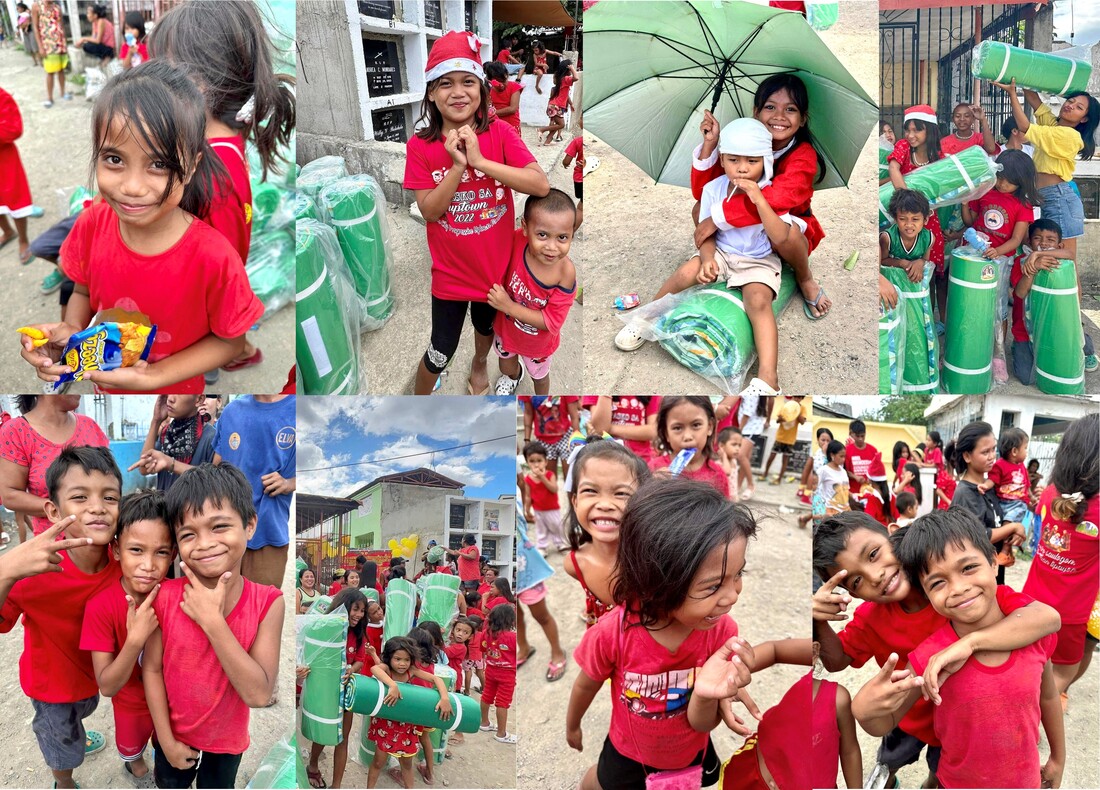
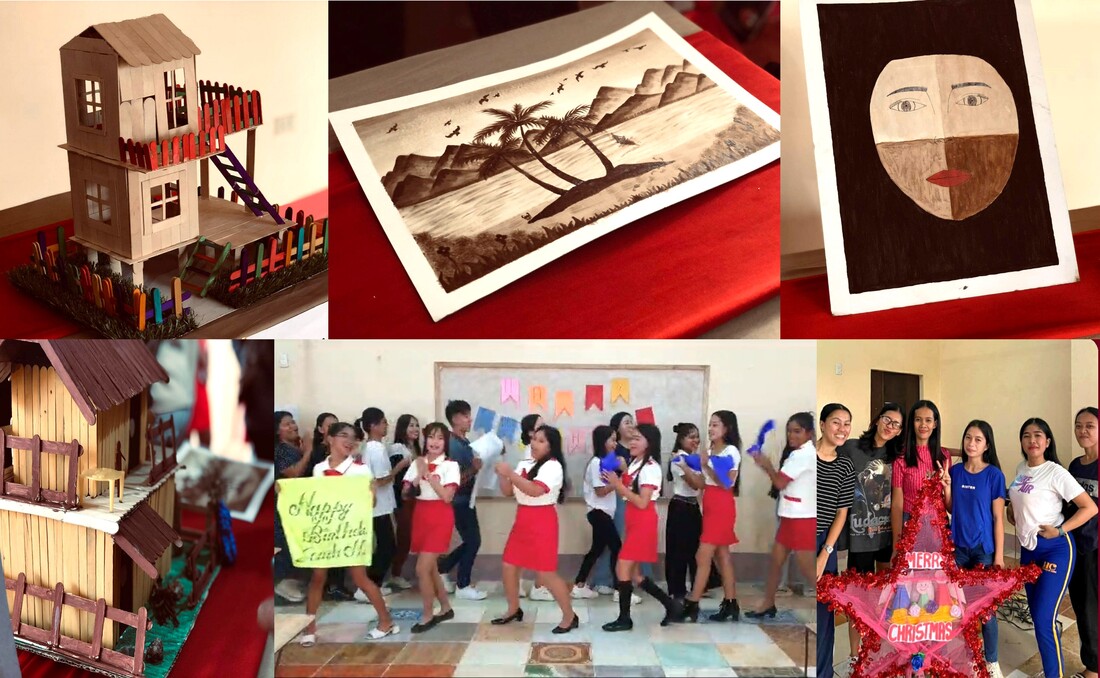
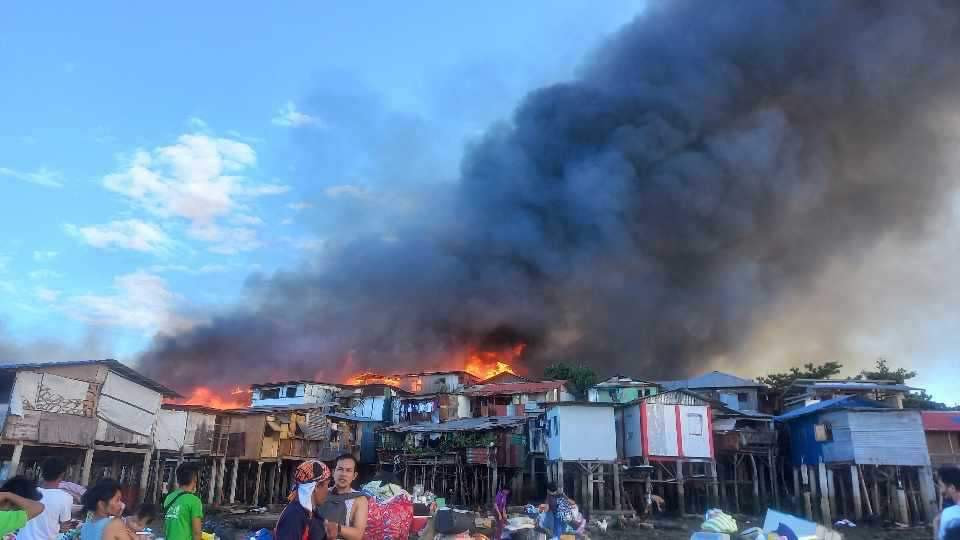
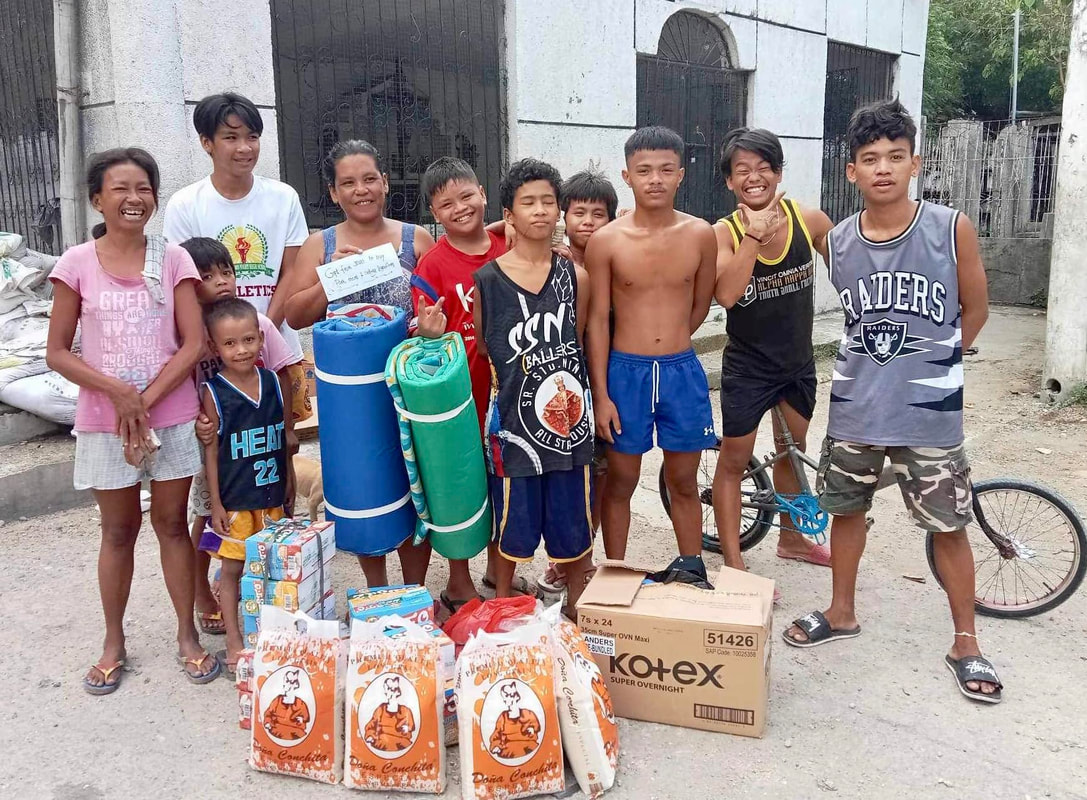

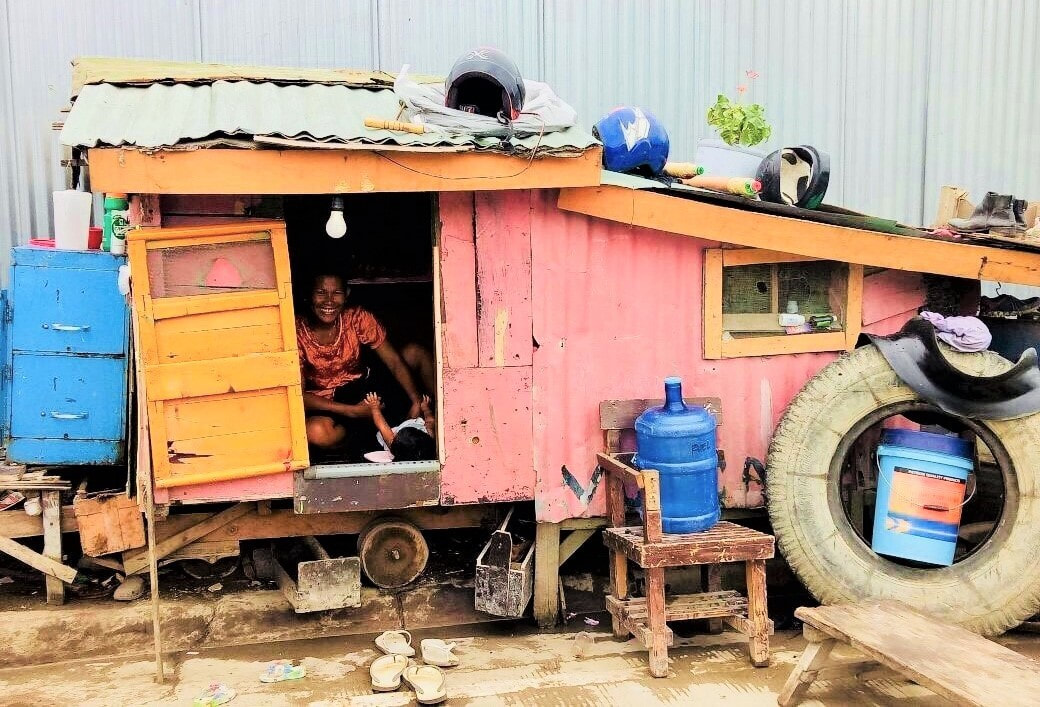
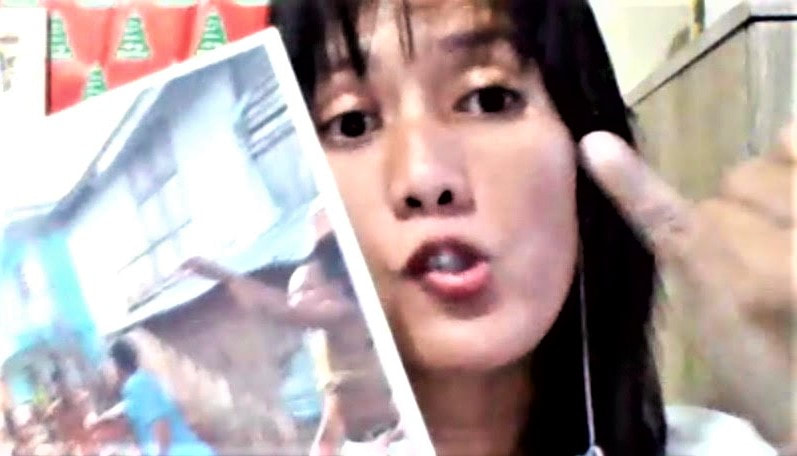
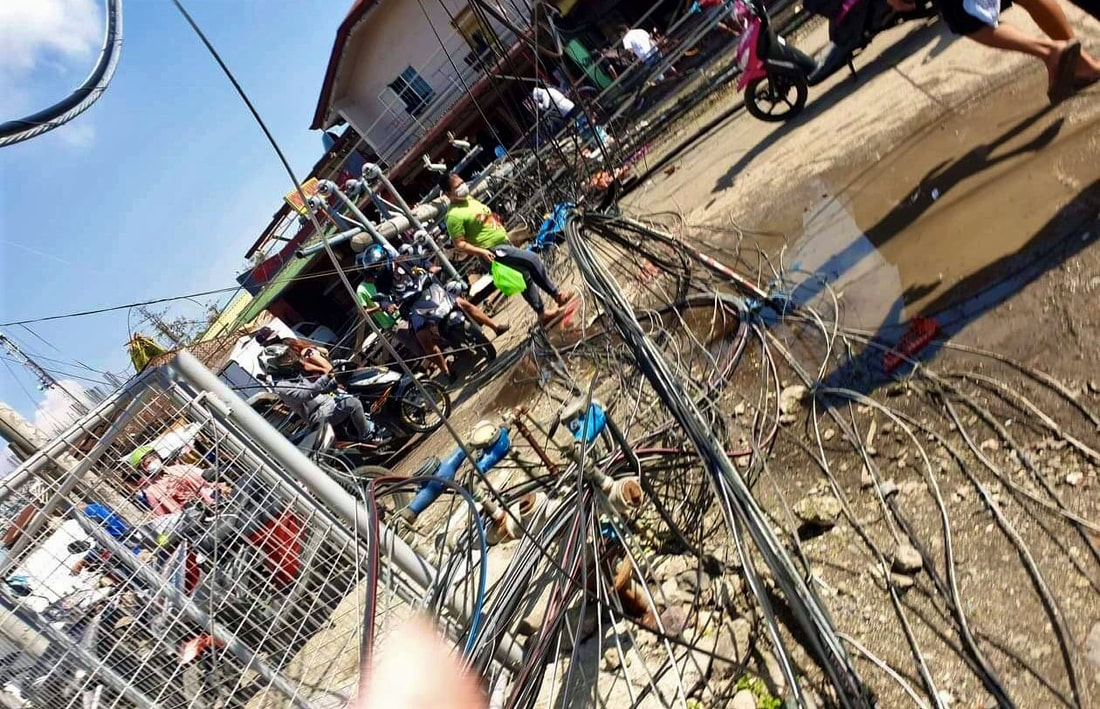
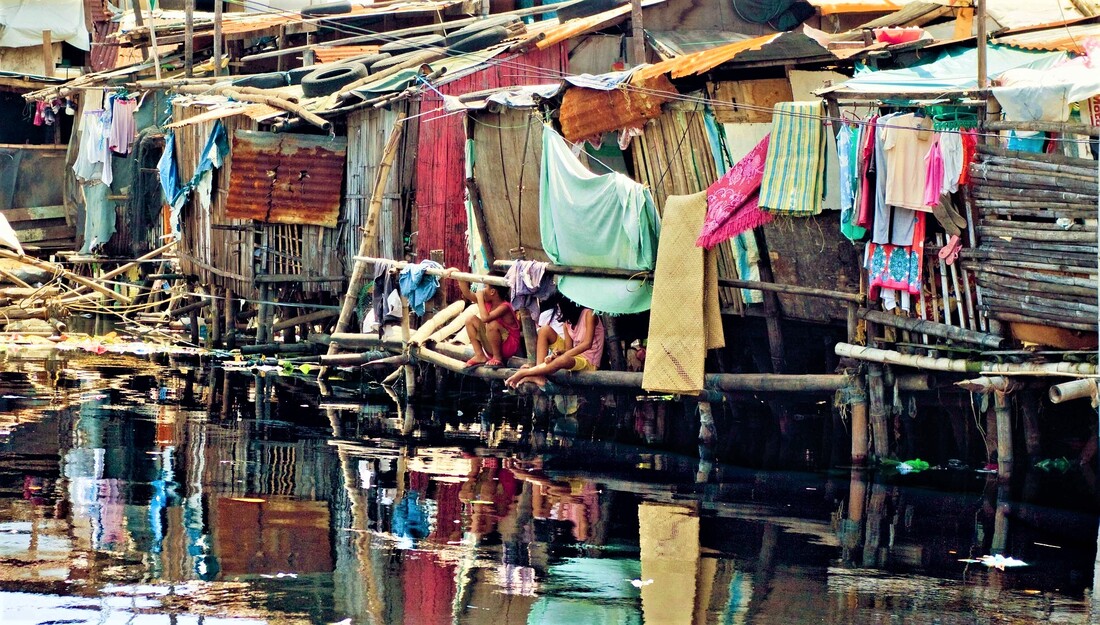
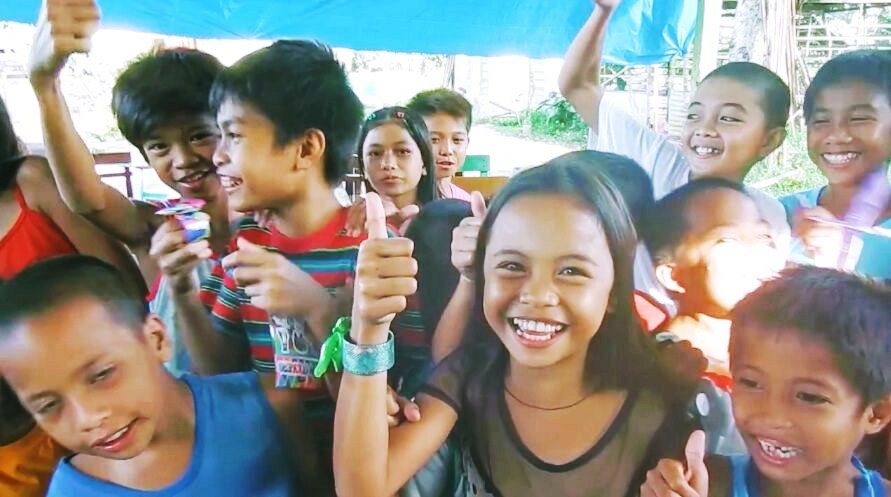



 RSS Feed
RSS Feed